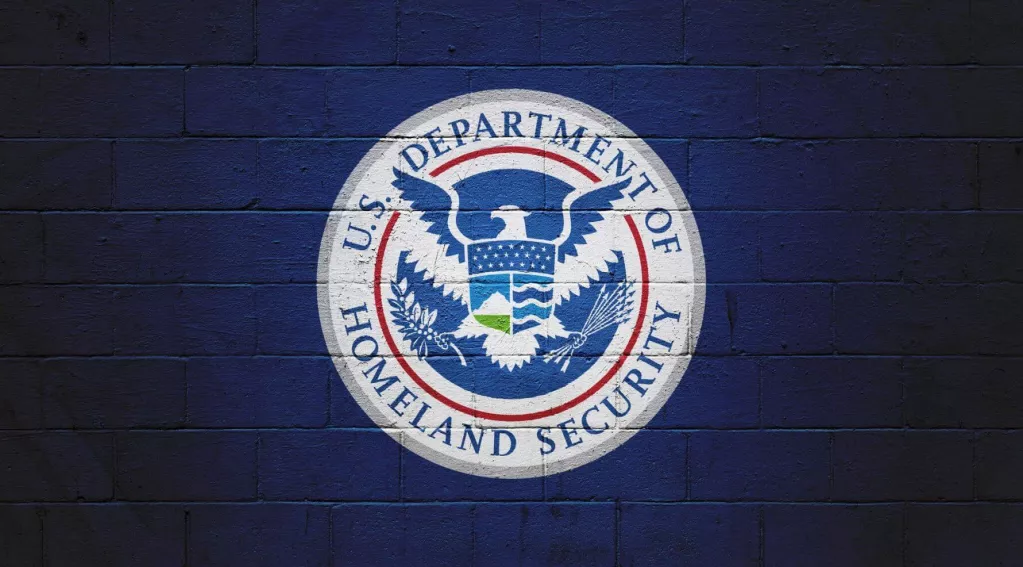Buttressing The Border - On Both Sides

A possible choice to lead the Department of Homeland Security outlined several ideas this week to repair America’s collapsing southern border. Without trying to handicap the politics of the DHS selection process, some of Kris Kobach’s policy proposals are worth serious consideration on their merits.
Revise Flores. With an interpretation and order from one U.S. district judge, the Flores settlement prohibits DHS from keeping illegally arriving “family units” in custody for more than 20 days. Kobach proposes publishing a regulation to “supersede” Judge Dolly Gee’s action. Under this “final version” of Flores, “the U.S. could detain an entire family unit together so you wouldn’t have separation of families and [could] detain them as long as necessary. That could be done tomorrow,” he says.
Containthe problem. Instead of releasing asylum-seeking migrantsinto the nation’s heartland with flimsy orders to appear in court at somefuture date, Kobach says, “I woulddeploy the thousands of FEMA trailers either to border cities or to militarybases in Texas and Arizona and set up processing centers.”
“Let’s put them into mobilehomes. Let’s process their claims. Let’s ship the judges in. Have the claimsprocessed right there. As soon as their claim is denied, put them on apassenger plane and fly them right back home. Word will get out in the villagesback home it doesn’t work to get in these caravans anymore.”
Safe Third Country. Kobach wants the U.S. to require Mexico “to sign a Safe Third Country [agreement] like we have with Canada so asylum applicants can’t walk all the way through Mexico and then say, ‘Oh, we’re applying for asylum in the United States.’”
The former Kansas secretary of state is on solid ground here as a matter of international law. If you’re really fleeing for your life you seek protection in the first safe country, not the fifth. (Canada, meantime, is expected to enact legislation making it harder for asylum seekers rejected by other countries, including the U.S., to file refugee claims.)
The Mexican government’s continued resistance to a safe-country agreement would be better directed toward securing its own southern border where daily waves of migrants from Honduras, Guatemala and El Salvador stream across with little or no pushback.

